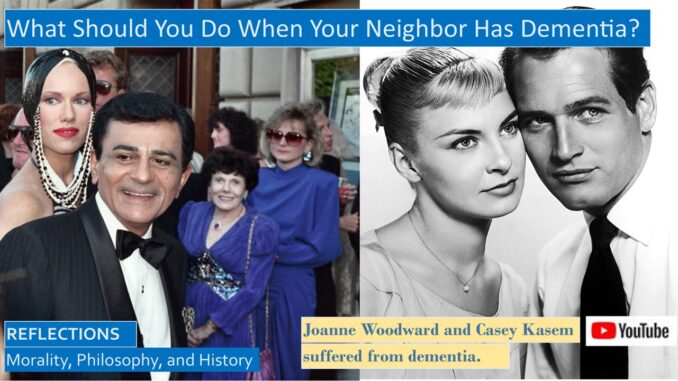
My interest in Alzheimer’s patients began when I volunteered to serve as the Treasurer for my over-55 condominium association. I intervened to halt the foreclosure of a destitute owner suffering from advanced Alzheimer’s disease so he could be assigned a guardian by the court so he would not be quickly and cruelly thrown out on the street but could be placed in an acceptable and humane lockdown facility for Alzheimer’s patients before his condominium was put up for sale. I was accused of not being a team player for these actions.
Afterwards, our condominium President confided in me that his mother died from dementia, so he did understand where I was coming from, and I have been reconciled with my community, and they are cooperating in publicizing our Rotary Club’s Aging Gracefully Seminars, including talks on dementia, to our residents.
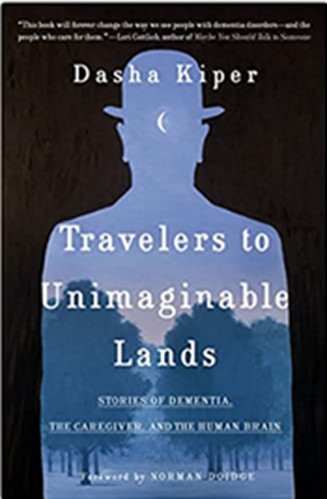
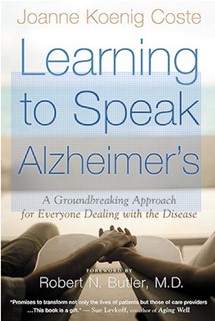
One complicating factor is our owner with dementia had no immediate family, other than an estranged sister. Perhaps she was estranged by his demented behavior? His wife had passed away about a decade before his foreclosure; she was the anchor in his life.
We were lucky, he had an alcoholic girlfriend, but she was gone when this occurred, perhaps she left when his money ran out. She passed away from liver disease shortly after he was placed in a facility. If she had married him, they would likely have been untouchable, and he would have been toast.
How I Halted a Foreclosure on a Destitute Owner with Advanced Dementia! We Discuss Dementia
https://seekingvirtueandwisdom.com/how-i-halted-foreclosure-on-owner-with-advanced-dementia-reflecting-on-dementia/
https://youtu.be/_uAJPCCRNQ8
YouTube script: https://www.slideshare.net/BruceStrom1/how-i-halted-a-foreclosure-on-a-destitute-owner-with-advanced-dementia-we-discuss-dementia
This reflection also weaves in many screenshots from the Alzheimer’s Association website, with web links, so the reader can better understand dementia. They have a 24/7 hotline staffed by qualified staff that can answer questions about dementia, with minimal wait times.
The challenge facing all of us is the difficulty in distinguishing between the elderly who have dementia from those who are cantankerous or troublemakers. Indeed, even the experts may not be able to tell when dementia is in its earliest stages. So be patient with cantankerous elderly neighbors, they might be suffering from early-stage dementia, evaluate whether they have enough to eat and drink. Be quick to call the police and welfare agencies to evaluate the situation, but in Florida and other states, the police need to be the first contact.
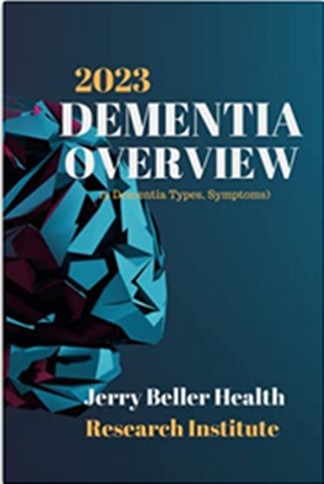
 </a
</a
You cannot even say that since this person has a long history of being a troublemaker, then this person is not in an early stage of dementia. Dementia is not like the common cold, when today you have a cold, and yesterday you did not. Dementia often progresses slowly, which means that the personality of someone with dementia does not change as much as it evolves, and often their worse behavior will worsen. Someone who is angry will often simply become angrier. Often their actions are captive to their emotions, which means that the person with advanced dementia literally cannot be blamed for their actions.
There is a caveat with Alzheimer’s and some other forms of dementia: it is not unusual for an Alzheimer’s patient to lash out, sometimes physically, out of frustration or discomfort. Maybe they have not slept well, maybe they have not been eating or drinking enough fluids, maybe they have not been taking their medications, maybe they have a urinary tract infection, maybe the sun is in their eyes, causing discomfort. Or maybe they are angry at their condition, not understanding what is happening to them.
https://www.alz.org/help-support/caregiving/stages-behaviors/agression-anger
Dementia and Alzheimer’s are not synonymous, but about three-quarters of the dementia sufferers are Alzheimer’s patients.
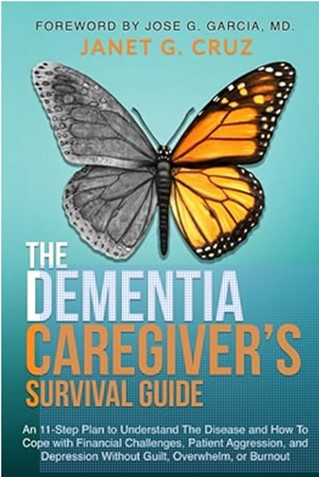

How we should treat our neighbors who have dementia? This reflection will be from the perspective of the property manager or officer of an over-55 community, but it will be useful for anyone who wishes to know how they should treat a neighbor with dementia.
Before we discuss this, however, we wish to emphasize how important it is for a thorough medical checkup. Although there is really no cure for classic Alzheimer’s and most forms of dementia, there are conditions that mirror dementia. Sometimes high blood pressure, severe diabetes, a thyroid condition, or excessive alcohol or medications, or a brain tumor can cause short-term dementia, and if that is true, often once the condition is resolved, the signs of dementia will subside or disappear entirely.
WHAT TO DO WITH TROUBLESOME OVER-55 NEIGHBORS
- If someone is exhibiting strange behavior, or is irrationally combative or harassing, or is showing inappropriate sexual behavior, be quick to call the police. Tell your over-55 condominium office staff not to take abuse personally, which is hard to do.
- When you call the police, let them know you are more concerned with their well-being than their actual transgression, that this is primarily a wellness call. Unfortunately, many police are not trained to spot dementia, but that is slowly changing, particularly in Florida.
- If someone is exhibiting strange behavior, or is irrationally combative or harassing, or is showing inappropriate sexual behavior, be quick to also call their relatives who do not live with them. They need to know.
- Update the emergency contact information for residents every decade or so. The emergency contact information and living wills, etc., should be attached to the refrigerator or front door so they are available.
- If you suspect a resident has dementia, turn off the breakers to their stove so they don’t burn the building down unintentionally.
- Before you foreclose on someone who has no family, have someone knock on their door who has experience with dementia patients to evaluate whether they have dementia. Not attending to financial affairs is often a sign of dementia.
- If someone is living alone whose memory is failing, they really should not be living alone. Unfortunately, sometimes a homeless person or alcoholic will take an interest in them, and if they marry them, they can take advantage of them and there is often little the police or relatives can do. If you are a relative, be kindly assertive, or even say it is a temporary move. Rarely will someone with dementia agree to make any major changes in their life.
Who should knock on the door to evaluate whether a resident has dementia? Ask for input from their neighbors. The answer depends on what local resources are available. Experts are on call for free 24 hours a day on the Alzheimer’s Association hotline at 800-272-3900. You can ask them caretaker questions, and also obtain advice on how to navigate the resources in your local area.

For Florida, the police may be helpful. The state agencies do not have the funding to send professionals out to evaluate people until they are referred to the court system, or if there is a case of elder abuse. You can ask a private guardianship service for assistance, the guardian we called was very helpful in quickly evaluating our resident who had dementia.
Many police departments in Florida and across the country have setup mental health training programs for policemen. This reflection reviews several articles from Atlantic Magazine, and other sources, on the status of the CIT Police Officer Training program pioneered in Miami and other cities, that has been adopted by most police departments in Florida. The Florida Legislature passed a bill in 2023 encouraging police departments to add training for dementia patients, hopefully other states will as well.
The challenge facing all of us is the difficulty in distinguishing between the elderly who have dementia from those who are cantankerous or troublemakers. Indeed, even the experts may not be able to tell when dementia is in its earliest stages.
You cannot even say that since this person has a long history of being a troublemaker, then this person is not in an early stage of dementia. Dementia is not like the common cold, when today you have a cold, and yesterday you did not. Dementia often progresses slowly, which means that the personality of someone with dementia does not change as much as it evolves, and often their worse behavior will worsen. Someone who is angry will often simply become angrier. Often their actions are captive to their emotions, which means that the person with advanced dementia literally cannot be blamed for their actions.
(The YouTube description has the link to the PowerPoint script, which has the illustrations displayed in the YouTube video. The blogs have footnotes.)
Wellness Checks for Dementia: Police and Mental Illness
https://seekingvirtueandwisdom.com/wellness-checks-for-dementia-police-and-mental-illness/
https://youtu.be/z_SlPLARCxU
We can best see this in one of the most comprehensive case histories of an Alzheimer patient, Glen Campbell’s widow’s account of his slow descent into dementia, leading eventually to his passing. We relate this narrative of his life to the Ten Signs of Dementia from the Alzheimer’s website.
Many of the following reflections are book reviews covering dementia topics. I am speaking as a book reviewer of books by health professionals, I am not a health professional myself.
Glen Campbell Suffering from Alzheimer’s, Early Signs and Symptoms
https://seekingvirtueandwisdom.com/glen-campbell-suffering-from-alzheimers-early-signs-and-symptoms/
https://youtu.be/F9NmDiiPowI
YouTube script:
https://www.slideshare.net/BruceStrom1/glen-campbell-and-his-struggles-with-alzheimers-with-ten-signs-of-alzheimers-disease
Rita Hayworth’s daughter was one of the original celebrity fundraisers and a long-standing member of the Alzheimer’s Association. Her story and the story of how Tony Bennett and Lady Gaga sponsored a last duet concert when he had advanced Alzheimer’s is a touching tale.
Tony Bennett and Rita Hayworth: Their Struggle With Alzheimer’s
https://seekingvirtueandwisdom.com/tony-bennett-and-rita-hayworth-their-struggle-with-alzheimers/
https://youtu.be/4ujlV3a7Il8
We reflect on Travelers to Unimaginable Lands, a collection of case studies on how dementia affects both caretakers and their loved ones who have dementia.
Problems Family Caretakers Face When Caring for Loved Ones Suffering From Dementia
https://seekingvirtueandwisdom.com/problems-family-caretakers-face-when-caring-for-loved-ones-suffering-from-dementia/
https://youtu.be/VqR7y0Z8bYk
We also reflect on two excellent guides on taking care of Alzheimer’s patients, Learning To Speak Alzheimer’s and Dementia Caretakers Guide.
Learning To Speak Alzheimer’s and Dementia Caretakers Guide
https://seekingvirtueandwisdom.com/learning-to-speak-alzheimers-a-caretakers-guide/
https://youtu.be/9vPK05gs8BQ
Although this is not a book about dementia, Oliver Sack’s Case Studies Including the Man Who Mistook His Wife for a Hat is the classic and often cited collection of case studies of patients suffering from both puzzling and fascinating neurological conditions, and also the Curious Story of Phineas Gage, the most famous Schmuck in History.
Oliver Sack’s Case Studies Including the Man Who Mistook His Wife for a Hat, and the Curious Story of Phineas Gage
https://seekingvirtueandwisdom.com/case-studies-including-the-man-who-mistook-his-wife-for-a-hat-and-the-curious-story-of-phineas-gage/
https://youtu.be/tBZIs0YZ05A

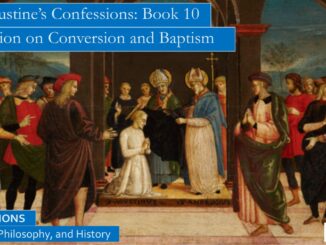
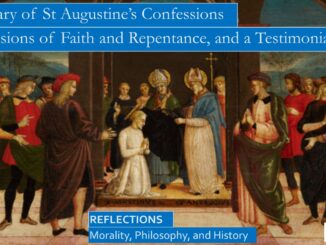
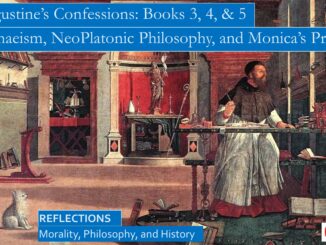
1 Trackback / Pingback